SGGP
On August 2, several more countries announced preparations to evacuate their citizens from Niger due to the coup in the West African country.
 |
| Colonel Amadou Abdramane (sitting), Spokesperson of the National Council for the Defence of the Fatherland (CNSP) in Niger, announces the coup on national television on July 26, 2017. |
However, the US said there was no official plan to evacuate its citizens because it did not see any direct threats to US citizens or facilities in the country. The European Union (EU) also announced that it had no similar official evacuation plan.
Also related to the unrest in Niger, Euratom, the EU's nuclear agency, said it saw no immediate risk to nuclear power generation in Europe if Niger restricted uranium exports. Euratom affirmed that facilities in the 27-nation bloc have enough uranium reserves to fuel nuclear power reactors for three years.
Niger is the EU’s second-largest supplier of natural uranium, accounting for 25.4% of the EU’s total uranium supply, behind Kazakhstan and ahead of Canada. Last week’s military coup in Niger has raised questions about the role of the nuclear energy industry in the future of many European countries, especially France.
The announcement by Niger’s military government of an immediate halt to uranium exports to France, Niger’s longtime colonial ruler, is a reminder to European leaders that nuclear power does not create energy independence in the long term, as diversification of supply sources and good European inventories can so far only mitigate any disruptions in the short term.
Although EU officials have tried to downplay the risks, Mohammed Soliman, director of the Middle East Institute in Washington, said the coup in Niger reflects growing instability in the Sahel region, which has seen a series of coups in Burkina Faso, Guinea, Mali, Chad and Sudan over the past three years. The turmoil in Niger, which has significant uranium mines and other valuable resources such as gold, has raised concerns about the far-reaching knock-on effects on the global economy , as well as sounding the alarm about the foundations of Europe's energy security strategy against major market shocks.
Source









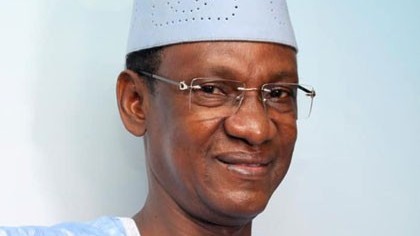


















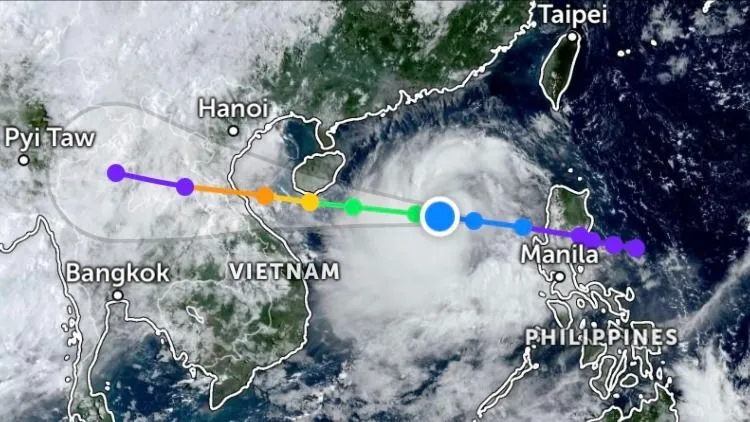


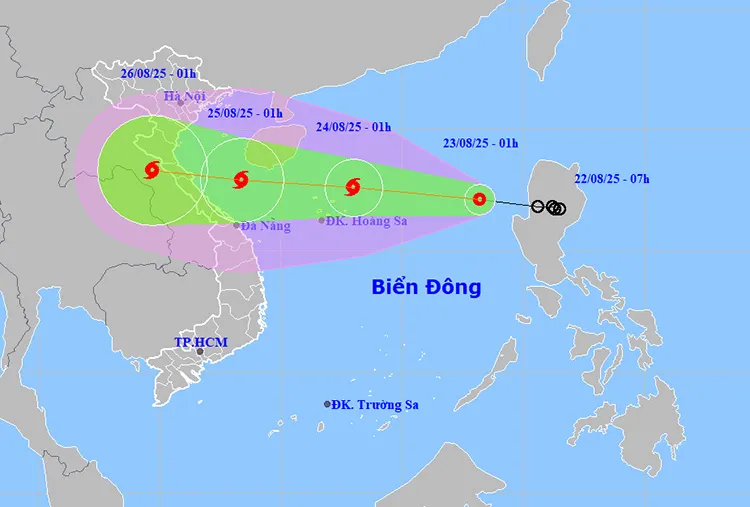

![[Photo] President Luong Cuong attends special political-artistic television show "Golden Opportunity"](https://vstatic.vietnam.vn/vietnam/resource/IMAGE/2025/8/22/44ca13c28fa7476796f9aa3618ff74c4)

































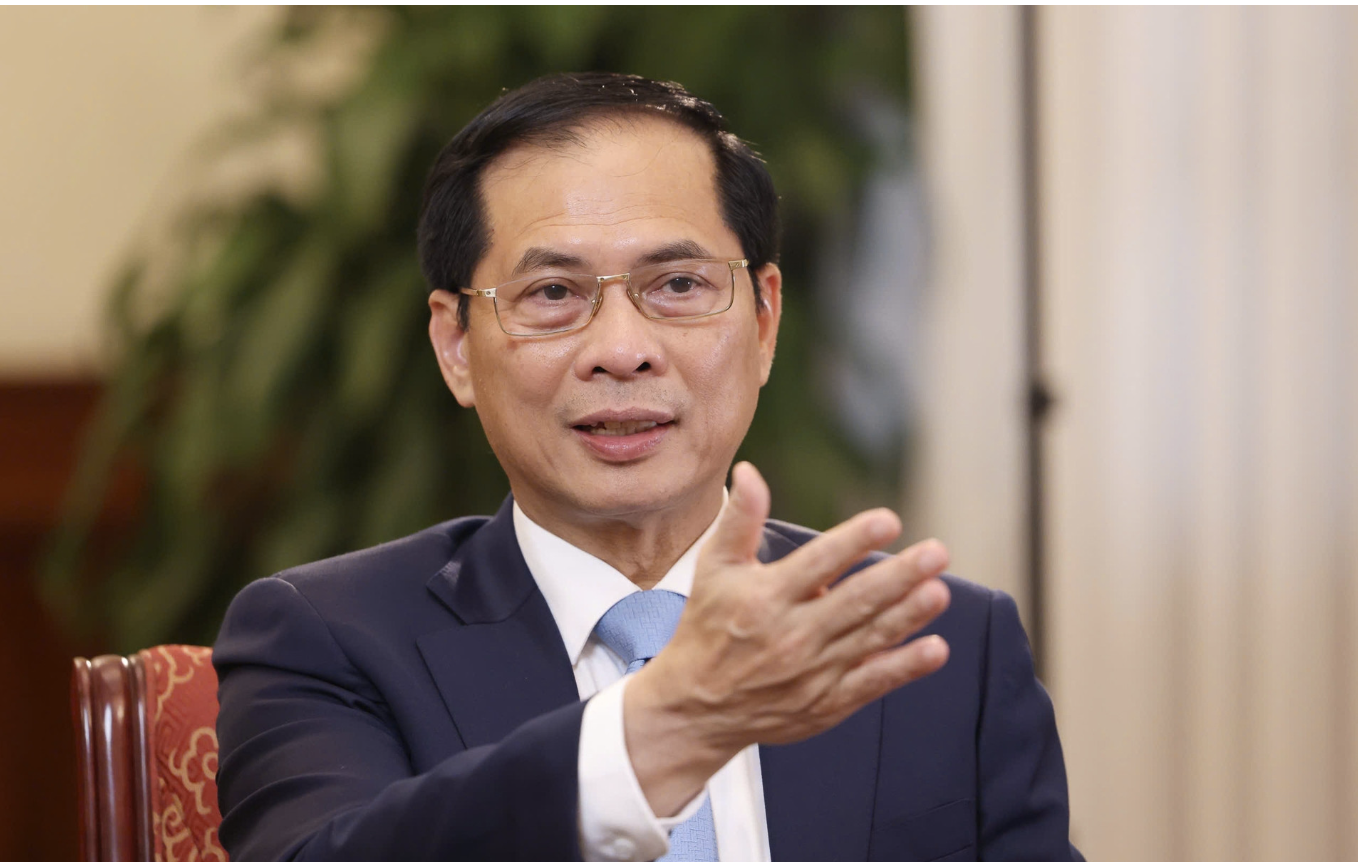

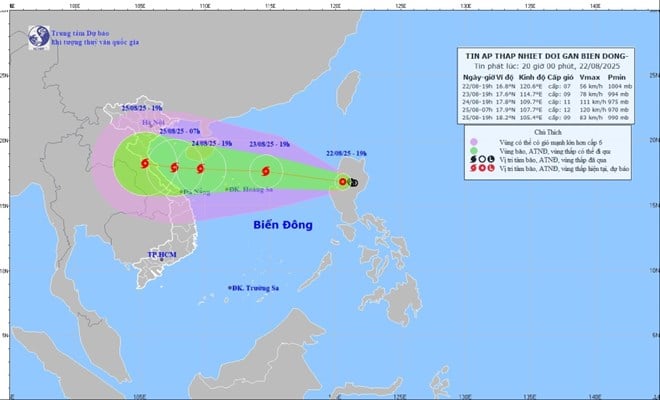







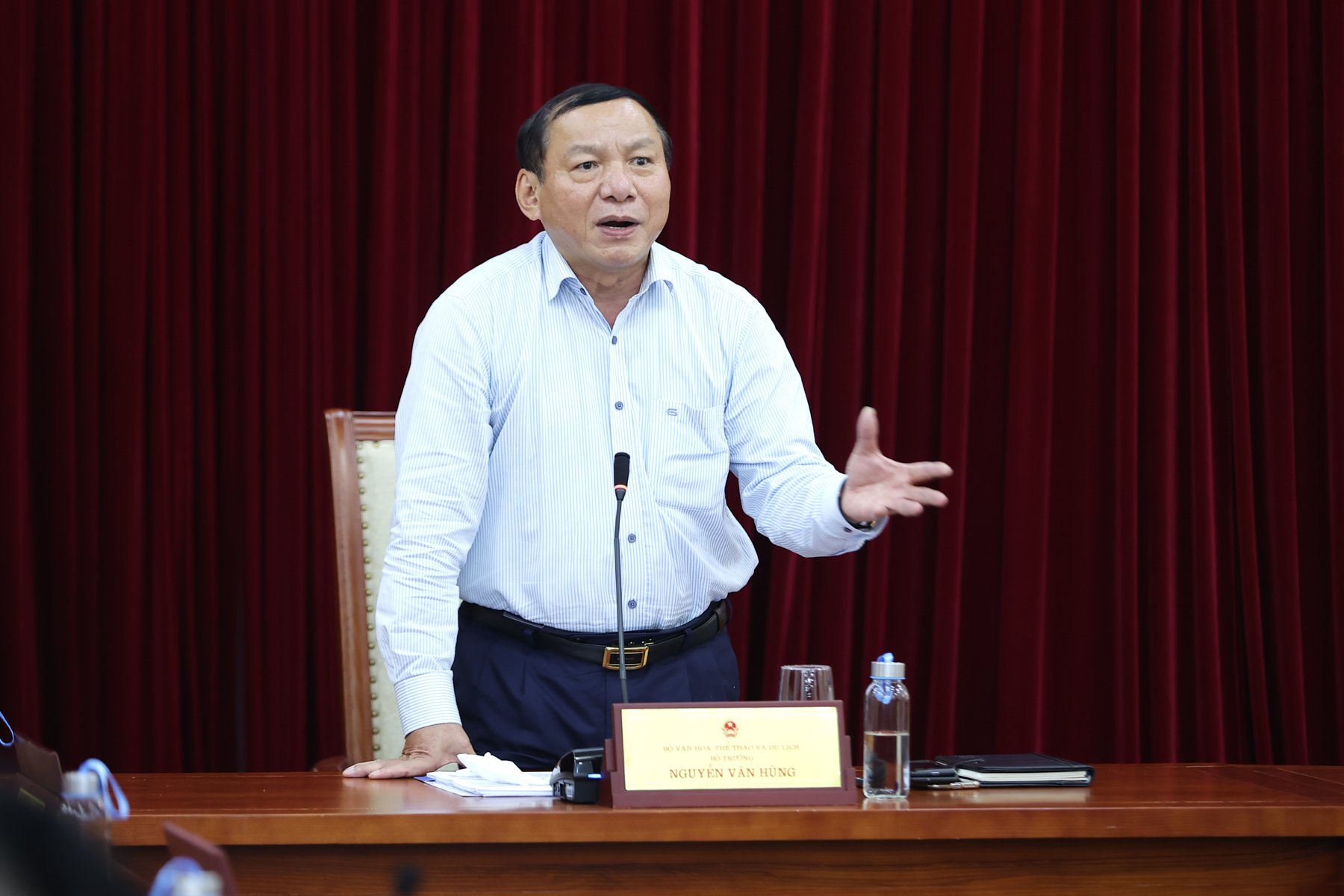





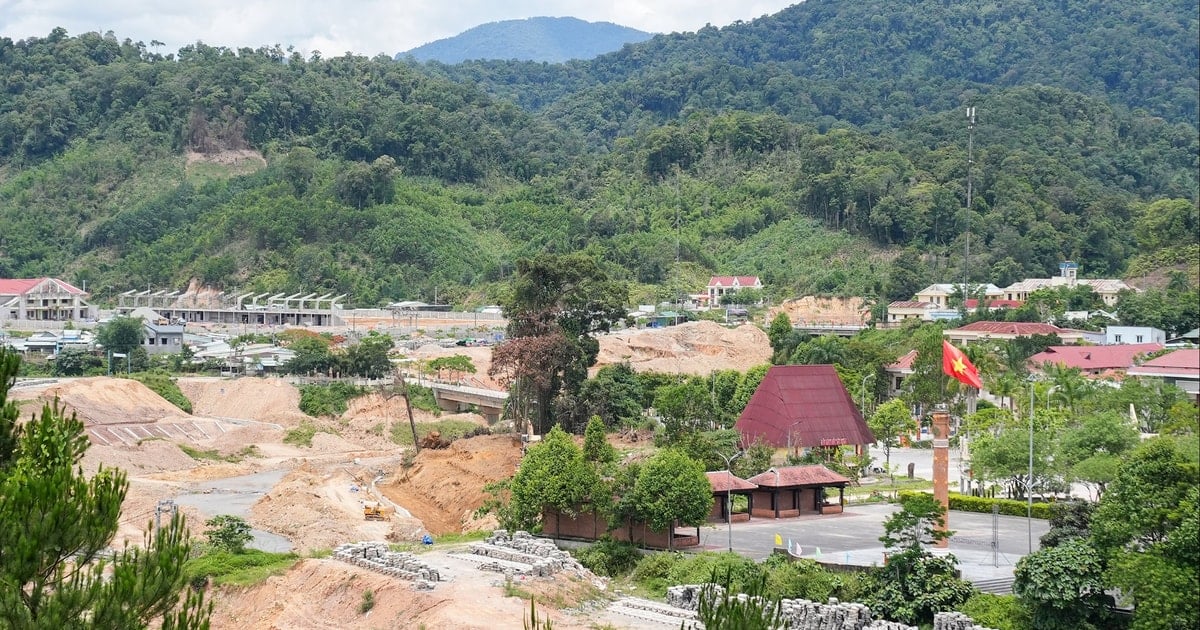




















Comment (0)